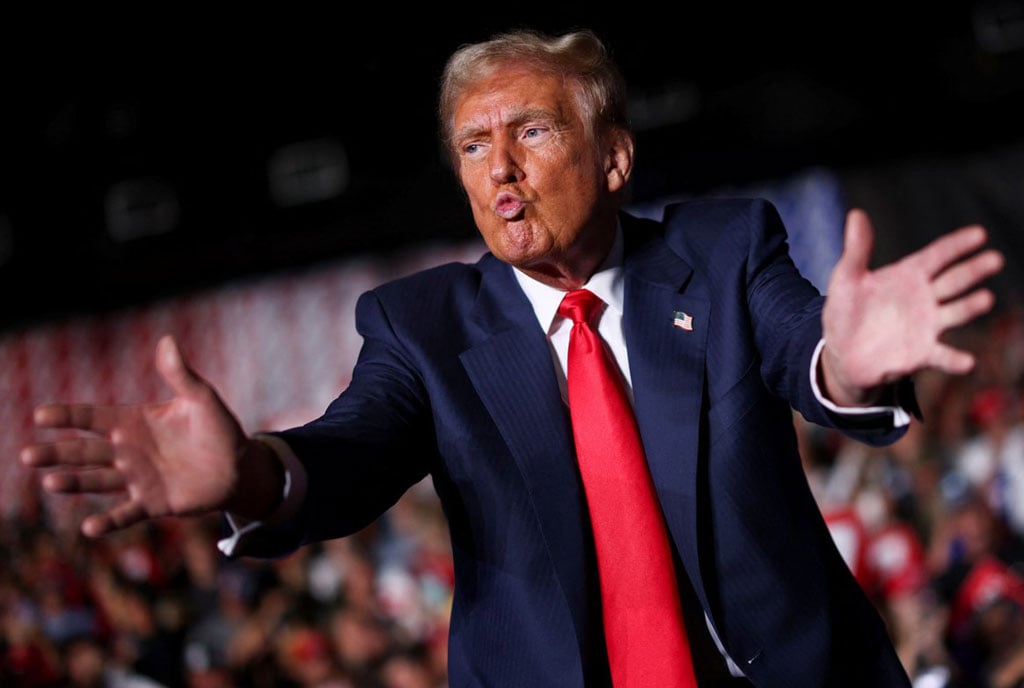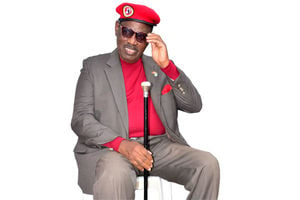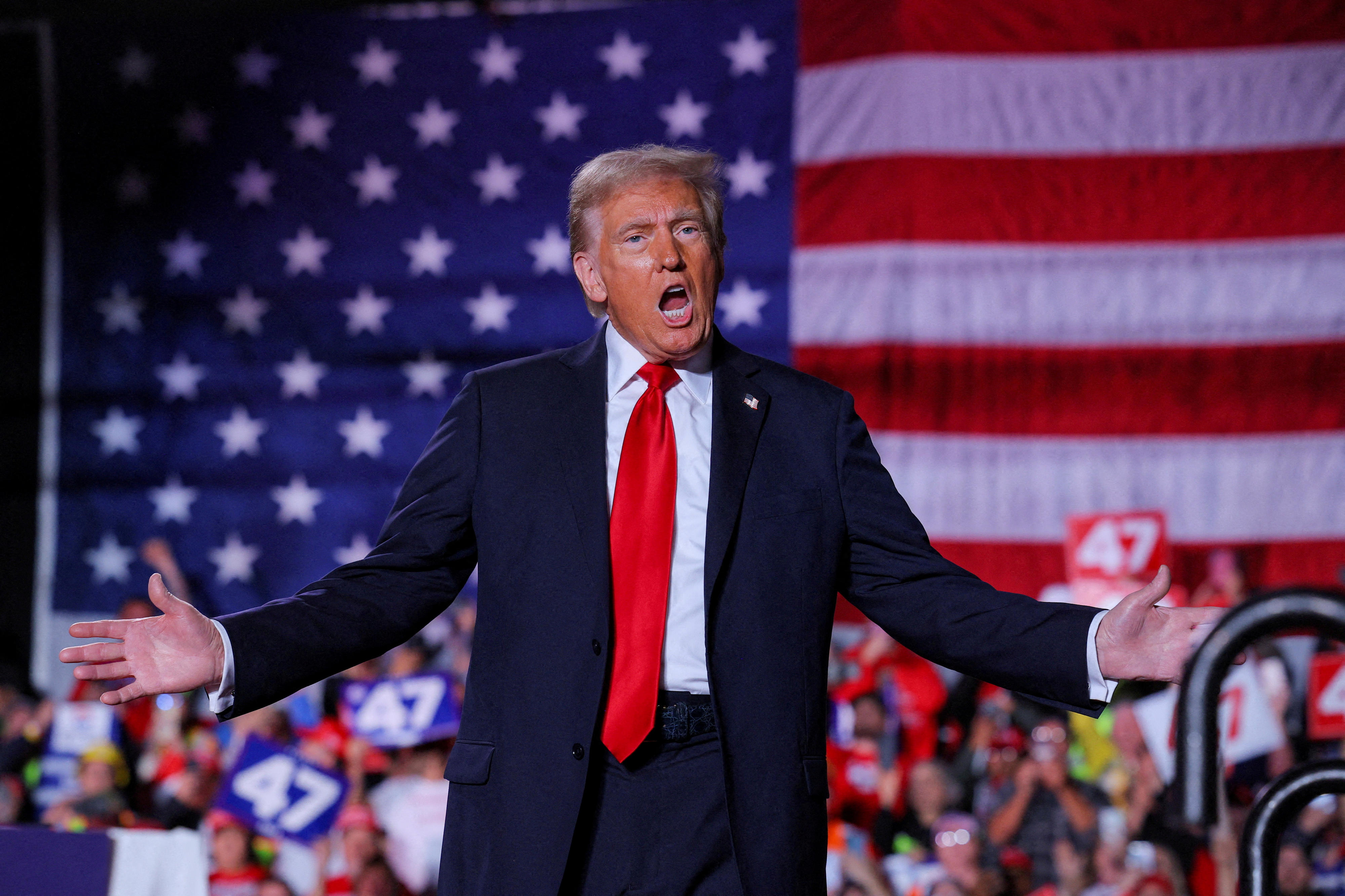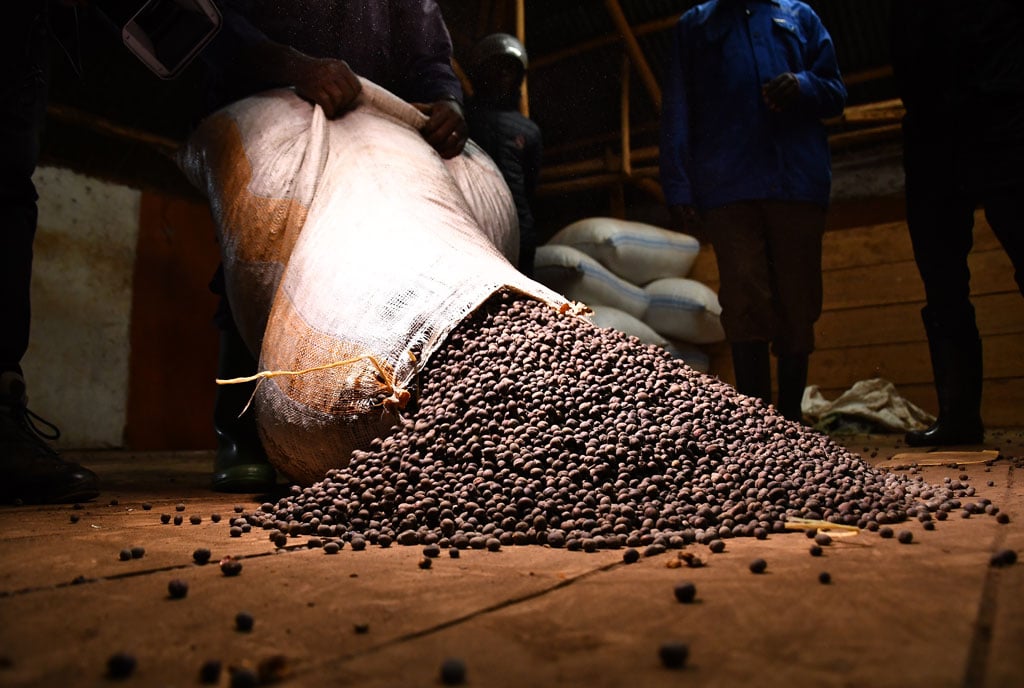
Mr Daniel K. Kalinaki
In June 1998 Nasser Ntege Ssebagala was arrested by US federal agents on his way to catch a flight out of Boston, Massachusetts. Two months earlier Ssebagala, a prominent member of the Kampala business community, had been elected mayor of the city.
Political office had not sated old streetwise ways, however, and the Americans were only about to confirm what many in Kampala had long suspected; that Seya, as he was widely known, was one of the leading lights of a racket in the city that forged and then cashed travellers’ cheques, commonly known as bichupuli.
Many fortunes, some still visible today, had been made this way in the wild wide west that was Kampala in the 80s and 90s. Seya was just the one caught passing through the hole. The incident, and the ensuing jail sentence that kept him in American jail until December 1999, should have ended his career and public life.
Instead, Seya returned to a hero’s welcome in February 2000 and was so enamoured by the outpouring of support that he considered running for president the following year. He made good on his threat in the 2006 election leaving a lifetime's worth of malaprops on the campaign trail, before dropping out and successfully returning to City Hall as mayor until 2011.
The people who voted for Seya in 1998 wanted a businessman who understood the city’s problems better than his technocratic predecessor, Christopher Yiga. Many of those who came out to welcome him and vote for him in 2006 saw that and more. They saw an underdog and a victim of the system. But they also saw an astute politician who understood their struggles: Seya’s simple but effective campaign promise to the city hawkers, taxi drivers, touts and traders was that he would ensure that they returned home every evening with a polythene bag carrying a pint of milk and a loaf of bread.
He did not promise to reform the regulatory code to ease doing business in the city. He did not promise cleaner air or potable tap water. He figured out the bulk of the voting bloc he needed to win and gave them a dream that they could literally reach out and touch.
Those wondering how Donald Trump returned to the White House after egging on rioters who stormed the US Congress, and after being convicted on 34 felony counts, moreover, involving hush money payments to a porn star, might want to see the similarities with Seya’s story.
Many of Trump’s supporters in his first run were frustrated by a political elite that seemed out of touch with their day-to-day struggles. They were willing to bet on a well-known public figure, albeit a political novice. The evidence now shows that many of those who backed his return to the White House saw him as a victim, rather than a perpetrator of crime. Less than 24 hours after his conviction, for instance, small donors had sent in fifty million dollars for his legal defence.
The Democrats made many unforced errors. President Biden’s insistence on staying in the race when he was struggling just to stay awake, gave Trump momentum and denied Harris time to establish herself as anything more than a stand-by generator.
Whatever benefit of the doubt Harris had left was then stripped away when she told an interviewer that she could not think of anything she would have done differently from Biden. Their administration had done well, especially in the post-Covid economic recovery, but all incumbencies have weaknesses; the only way for an insider to present themselves as agents of change is to campaign against themselves as William Ruto did most recently in Kenya. Regular readers of the column will know where this sleight of hand has appeared before.
But the bigger failing of the Democratic Party was in misreading the voters and their rivals. Take immigration, one of the hot-button issues in America before and in this election. The conventional wisdom held that migrant communities, whether Black, Asian or Latino, would vote for more open borders.
Electoral outcomes – and commonsense – say otherwise. If you migrated illegally to America 15 years ago and then worked your way up the mountain until you became a US citizen, linear thinking suggests that you are thankful for your change in fortunes and wish the same for your family. But distant Uncle Joe from Mityana who even once beat you as a child? Shaa!
There is a point at which more migrants, even from your village, threaten your newfound good fortune. They might depress wages, by working longer for less. Or depress the property market and your home equity with their pungent smoked fish dish.
The key point here is interests; most people will put their interests ahead of their principles most of the time. This is the emotional connection that Trump made with enough of the working-class types, beyond race and origin. While Harris campaigned in the abstract, Trump spoke of polythene bags with milk and bread. It is true after all as the American say, that many voters will forgive a convict before trusting someone they consider to be a fool. That is true in Washington as it was in Wandegeya.






